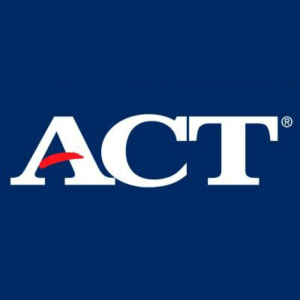 In 2021 a year when many test dates were postponed or canceled due to the global pandemic and when many colleges and universities made standardized test scores optional, only 1.2 million members of the 2021 graduating class of high school seniors took the ACT college entrance examination. This was down from 1.6 million in 2020 and more than 2 million in 2017. This year, 1,349,644 students took the ACT test, up slightly but still well below the participation just five years ago.
In 2021 a year when many test dates were postponed or canceled due to the global pandemic and when many colleges and universities made standardized test scores optional, only 1.2 million members of the 2021 graduating class of high school seniors took the ACT college entrance examination. This was down from 1.6 million in 2020 and more than 2 million in 2017. This year, 1,349,644 students took the ACT test, up slightly but still well below the participation just five years ago.
For the Class of 2022, the average score on the ACT dropped to 19.8 on a scale of 1 to 36. This is the lowest score since 1991, undoubtedly due to the adverse effects of the pandemic on high school education.
For the fifth year in a row, the average score for African American students dropped. This year, the average score was 16.1, down from 16.3 in 2021, 16.7 in 2020 and 17.1 in 2017. The average score for Whites also dropped to 21.3 from 21.7 in 2021, 22.0 in 2020, and 22.4 in 2017.
Based on score results, the American College Testing organization calculates the percentage of students who took the ACT test who are adequately prepared to take on a college-level curriculum. In 2022, 27 percent of Black test takers were rated ready for college-level courses in English, compared to 65 percent of Whites. In mathematics, only 9 percent of Backs were rated college-ready compared to 40 percent of Whites. In science, ACT data shows 10 percent of Blacks were ready for college-level courses compared to 42 percent of Whites. In reading, 18 percent of Blacks achieved the minimal benchmark for college readiness compared to 51 percent of Whites.
The most striking statistic is that only 5 percent of all Black test takers were rated ready for college-level courses in all four areas of English, mathematics, science, and reading. Whites were nearly six times as likely as Blacks to be prepared for college-level work in all four areas.











